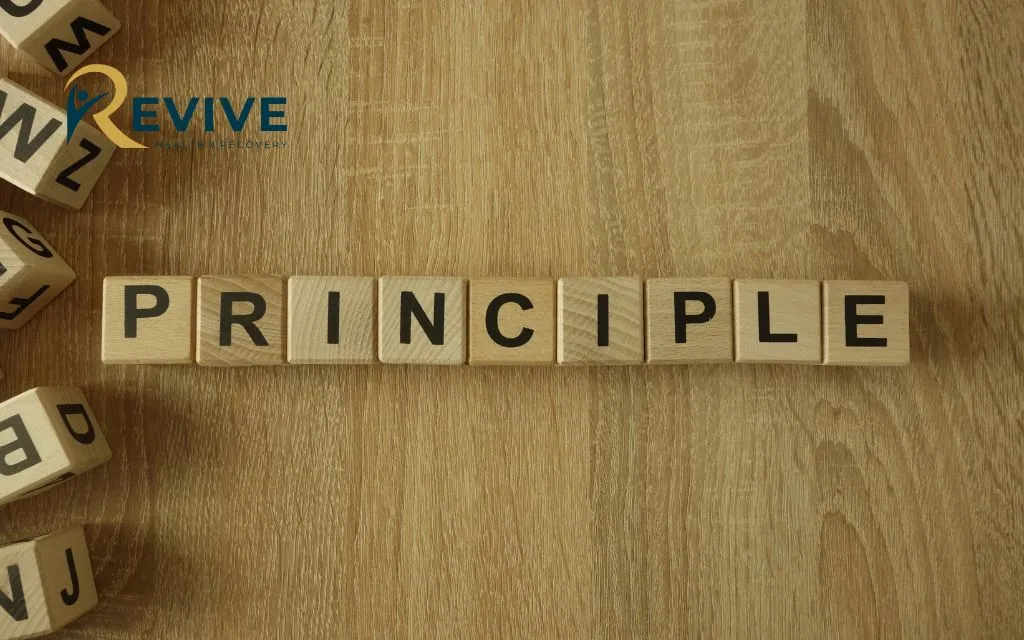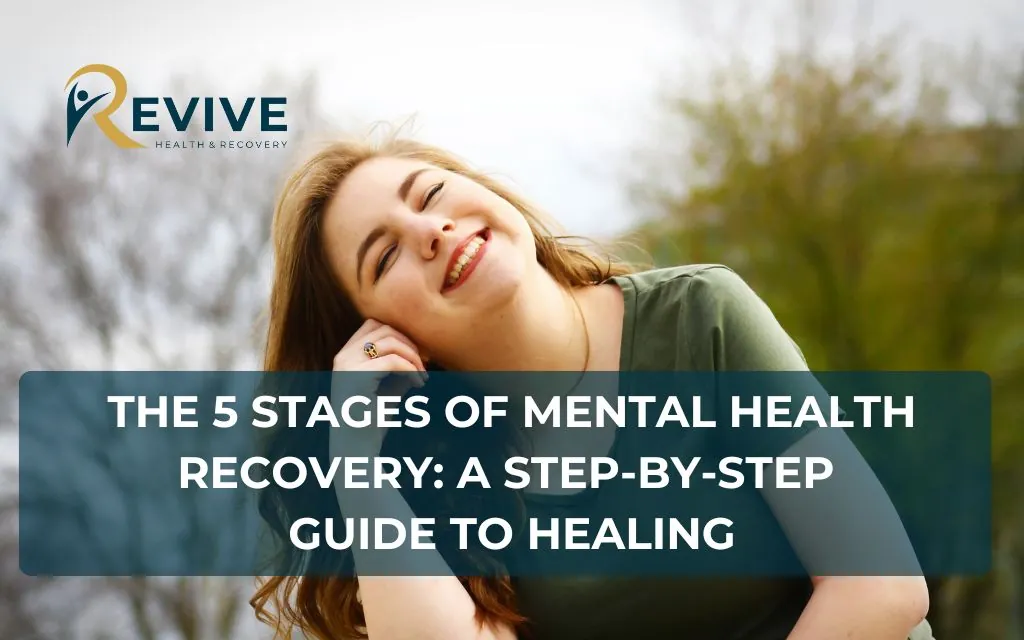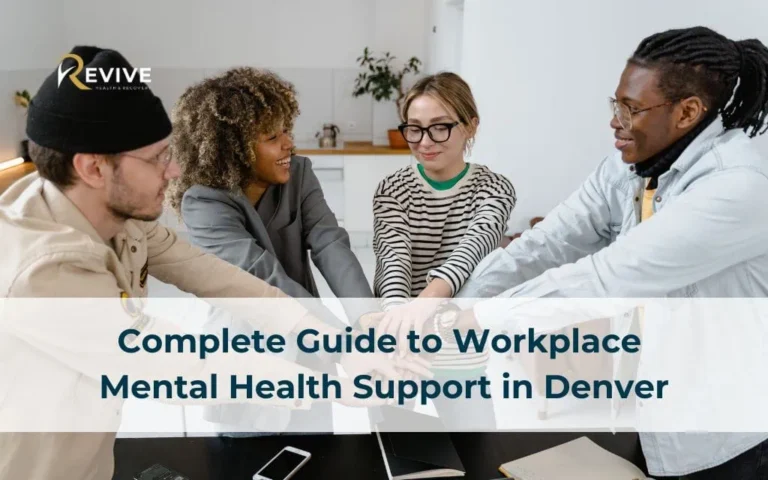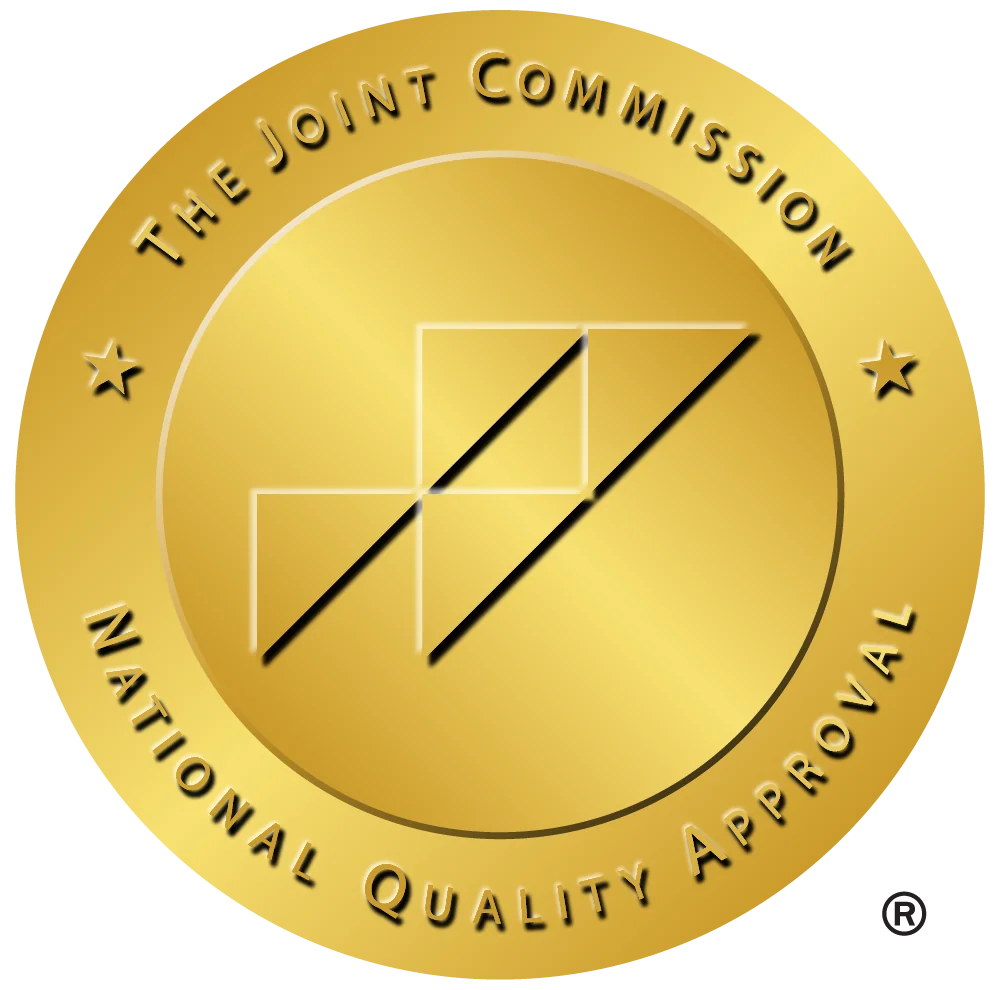Recovering from mental illness isn’t easy – it’s a journey full of ups and downs, breakthroughs and setbacks. It’s not a quick fix or a straight path, and that’s okay. True healing happens over time, as we learn, grow, and rebuild. For many, understanding the process can be a powerful first step toward feeling less overwhelmed and more hopeful.
The 5 stages of mental health recovery offer a way to make sense of this journey. Think of them as a roadmap to help you see where you’ve been, where you are now, and where you’re headed. Recovery looks different for everyone, but knowing these stages can give you clarity and help you take meaningful steps forward.
At Revive Health Recovery, we’re passionate about sharing practical tools and insights on important health topics like mental health recovery. In this post, we’ll not only explore these five stages but also provide 10 actionable tips to help you heal, grow, and thrive. Let’s dive in and discover how you can take control of your recovery journey.
Understanding Mental Health Recovery
Before we talk about the 5 stages of mental health recovery, it’s important to understand that mental health recovery isn’t a straight path. It’s more like a journey with twists and turns, good days and tough days.
Recovery doesn’t mean everything is suddenly perfect or “fixed.” Instead, it’s about learning how to manage symptoms, bounce back from challenges, and create a life that feels meaningful and fulfilling. It’s a process, not a destination, and it’s okay to take things one step at a time.
What is Mental Health Recovery?
Mental health recovery looks different for everyone because every person’s struggles and experiences are unique. For some, the process might be quicker, like when recovering from the loss of a loved one. For others, such as those healing from years of childhood abuse, it can take much longer. What’s important to remember is that there’s no set timeline for recovery – it’s a personal journey.
Recovery can happen in two main ways: clinical and personal. Clinical recovery means living without the symptoms of a mental health condition. Personal recovery, on the other hand, focuses on accepting yourself, growing as a person, and finding meaning in your life. No matter how you define it, recovery is about moving toward a healthier, happier life at your own pace.

Principles of Mental Health Recovery
Mental health recovery is unique to each individual. It’s not about finding a “cure” but about creating a life that feels meaningful, satisfying, and full of purpose. It’s also about being a valued part of the community and having the freedom to make personal choices that shape your future.
6 principles of mental health recovery:
- Personal and Unique to Each Person
- Real Choices
- Respecting Rights and Attitudes
- Dignity and Respect
- Partnership and Communication
- Tracking Progress and Continuous Improvement
Personal and Unique to Each Person
Recovery isn’t just about feeling better physically or mentally—it’s about feeling connected and living a life that feels meaningful. It helps people become part of their community, build strong relationships, and create a life they enjoy. Recovery empowers individuals to take charge of their care, make their own choices, and take steps that feel right for them.
Real Choices
People are encouraged to make their own decisions about how they want to live their lives. These decisions are meaningful and thoughtfully explored to fit their unique strengths and interests. They are supported to take responsibility for their choices while also having the chance to take positive risks, all with guidance and care to help them grow.
Respecting Rights and Attitudes
Recovery means truly listening to people and their loved ones to understand what’s most important to them. It’s about making sure everyone’s rights – legal, human, and citizenship – are respected and protected.
Support is given to help people take part in activities they enjoy, like spending time with friends, finding hobbies, or working on goals that make life meaningful. Most of all, recovery is about building hope – hope for the future and confidence that they can create a life filled with purpose and happiness.
Dignity and Respect
Recovery begins with treating everyone with kindness, honesty, and respect. It’s about recognizing and valuing each person’s unique beliefs, culture, and what matters most to them. Recovery also means standing up against stigma and discrimination, whether it happens in mental health care or out in the community, to create a more understanding and supportive world for everyone.

Partnership and Communication
Recovery is about recognizing that each person knows their own life best. It’s a team effort where individuals and their caregivers work together in a way that feels right for them. Open and honest communication is key – it helps build trust and makes working together easier. Most importantly, recovery helps people reach their own hopes, goals, and dreams.
Tracking Progress and Continuous Improvement
Recovery means checking in often to see what’s working and making changes when needed. People and their caregivers are encouraged to keep track of progress and celebrate every win, no matter how small. Feedback from those in recovery helps improve care and ensure that the focus stays on real progress and meaningful outcomes.
The 5 Stages of Mental Health Recovery
Stage 1: Acceptance
The first step in mental health recovery is realizing and accepting that there’s a problem. This moment happens differently for everyone. Some people might notice early signs, like feeling off or struggling with daily life, and seek help before things get worse.
For others, it might take longer—sometimes not until their mental health has declined a lot. It can feel hard to ask for help, and sometimes it’s tough to believe loved ones when they say you might need support. That’s why this first stage of recovery can be one of the hardest, but it’s also the most important step toward feeling better.
Stage 2: Awareness
The second step of the 5 stages of mental health recovery is all about gaining a deeper understanding of what’s happening and starting to work with a professional who can help. Mental health is very personal, so this stage focuses on figuring out your specific challenges.
During this time, you’ll learn more about your mental health and discover tools and resources that can help you feel better. Together, with professional counseling or therapy, you’ll create a treatment plan tailored just for you. This plan will guide you toward living a healthier and happier life.

Stage 3: Taking Action
The third stage of mental health recovery is all about putting what you’ve learned into action. This is when you start using the tools and strategies from earlier stages to make positive changes in your life. You’ll take a closer look at what’s helping your recovery and what might be holding you back.
For some people, this might mean giving up harmful habits like drugs or alcohol. For others, it could mean rethinking personal relationships or making changes to their living situation.
During this stage, your counselor will continue to guide you, helping you deal with the ups and downs that come with big changes. You’ll also start to notice how much your treatment has prepared you to handle life’s daily challenges in a healthier way.
Stage 4: Building a New Life
Recovery in mental health is about discovering a sense of purpose and building a future that feels fulfilling to you. This might mean strengthening relationships with family and friends, finding a new job, or exploring volunteer opportunities where you can make a difference.
Engaging in meaningful activities not only supports your recovery but also helps you grow stronger and more independent. When you rely on yourself and the skills you’ve developed, you build confidence, self-worth, and the resilience needed to keep moving forward. These steps give your life more direction and make the recovery journey feel even more rewarding.
Stage 5: Maintenance and Growth
In the final step of the 5 stages of mental health recovery, you realize how far you’ve come and how much the right tools and treatment have helped you. You’ll feel more prepared to handle life’s challenges and understand the value of staying committed to your mental well-being.
This stage is empowering because it shows the positive changes you’ve made in your life. Recovery isn’t always easy, but it’s worth it. Remember, you deserve to feel good, have peace of mind, and enjoy a healthier, happier future. Staying dedicated to your mental health is one of the best choices you can make for yourself.
How long does 5 stages of mental health recovery take?
There’s no set timeline for mental health recovery because it’s different for everyone. Some people might overcome a minor issue in just a few weeks or months, while others with more serious mental health conditions may need years of treatment and ongoing care.
Recovery isn’t about reaching a finish line—it’s a journey. It takes a strong commitment to keep learning, growing, and working toward better mental health every day. Everyone’s path is unique, and that’s okay. What matters most is staying dedicated to your well-being.

Conclusion
Recovering from mental illness is a journey, not a race. It takes time, patience, and effort, but every small step forward matters. The 5 stages of mental health recovery – acceptance, awareness, action, building a new life, and maintenance – give you a roadmap to guide you through the process. Along the way, you’ll discover strength, learn valuable tools, and create a life that feels meaningful and fulfilling.
Remember, healing isn’t about perfection – it’s about progress. Seeking help and staying committed to your mental well-being takes courage, and it’s one of the most important things you can do for yourself. With the right support and a willingness to grow, you can build a healthier, happier future. You deserve it.







